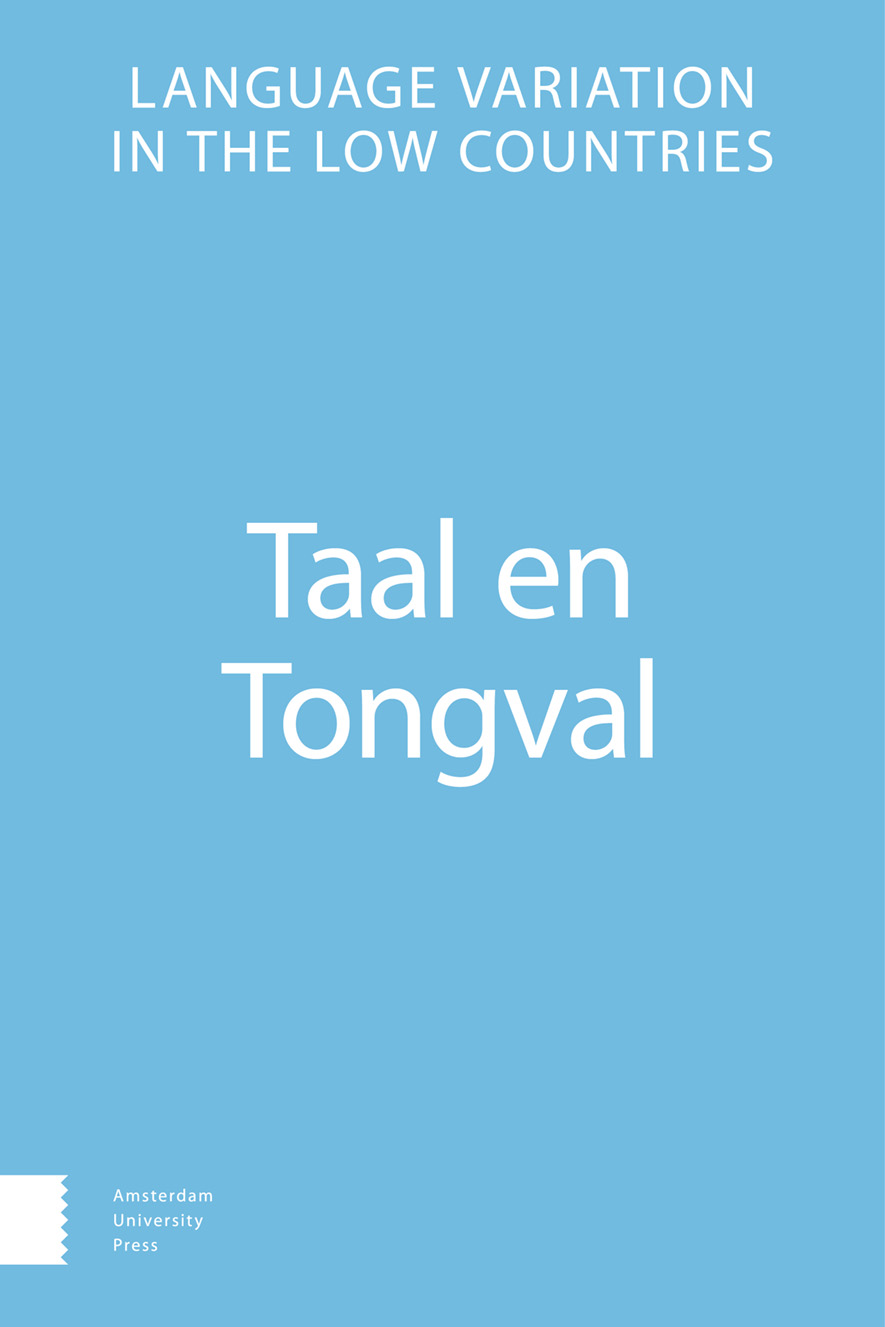- Home
- A-Z Publications
- Taal en Tongval
- Previous Issues
- Volume 61, Issue 1, 2009
Taal en Tongval - Volume 61, Issue 1, 2009
Volume 61, Issue 1, 2009
Language:
English
-
-
oa De ontwikkeling van negatiepatronen met niet-negatieve onbepaalde kwantoren in de Midden- en Zuid-Brabantse dialecten.
More LessSouthern Brabant dialects of Dutch provide constructions such as: (a) ik heb iemand niet gezien (I did not see anybody) (b) Ik heb niemand niet gezien (I did not see nobody) The traditional view is that (a), with a positive quantifier expression developed from (b) with a negative one (cf. Van der Auwera & Neuckermans 2003). In this article the opposite development is proposed. Read More
-
-
-
oa Een voorbeeld van gecamoufleerde taalbeïnvloeding: samenstellingsvormen van sjwa-substantieven in het Fries
More LessAuthors: Bouke Slofstra, Eric Hoekstra & Arjen VerslootFrisian nouns ending in schwa (henceforth: schwa nouns) like brêge (‘bridge’) show unpredictable behaviour when used as a first member of a nominal compound. In some cases the schwa is retained (e.g. brêgeman ‘bridge man’), in other cases the schwa can or must be dropped (e.g. bûsjild ‘pocket money’, from bûse ‘pocket’). Although there are no fixed rules two factors turn out to be crucial: the (non)optionality of t Read More
-
-
-
oa Over oorkonden en statistiek, diachronie en determinisme
More LessThis study discusses Versloot 2008, an important contribution to the study of language variation in older Frisian, based on charters and codices. Special attention is paid to (a) how theses charters and codices are used by Versloot in order to obtain linguistic results, and (b) to the statistical treatment of the data. It is argued that with respect to 2 x 2 tables the Fisher Exact test one-tail should be preferred to X2.
-
Volumes & issues
Most Read This Month
Article
content/journals/00398691
Journal
10
5
false
en

Most Cited Most Cited RSS feed
-
-
oa Taaldiversiteit in Nederland
Authors: Hans Schmeets & Leonie Cornips
-
- More Less

